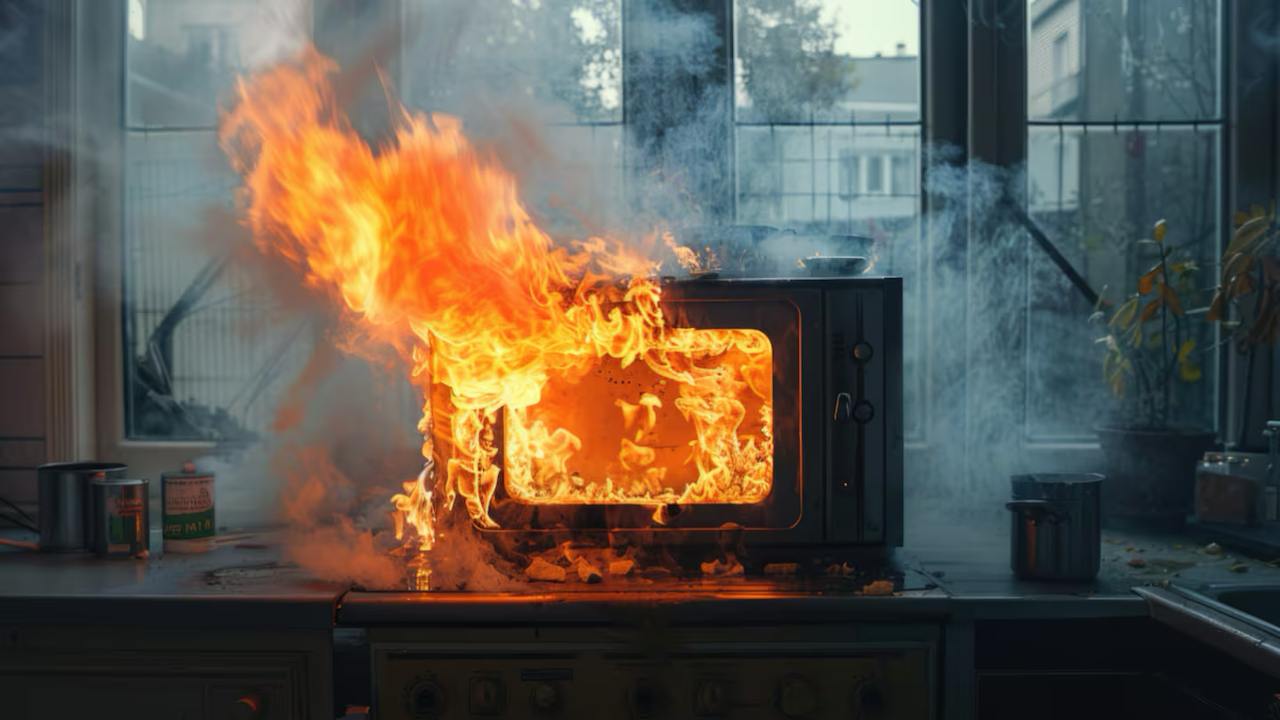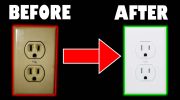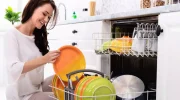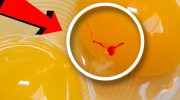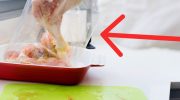This device consumes a lot of energy and cannot be plugged in anywhere.
Technological developments in the home have even reached household appliances, so it is increasingly common to see families using electric ovens instead of traditionalovens for everyday cooking. However, with this appliance, a mistake is often made that can lead to disaster: it is connected to a slipper or extension cord.
This simple oversight, which usually occurs when the appliance is away from an electrical socket, can cause an overload and lead to a short circuit, which is a risk of fire in the home. Energy-intensive appliances such as electric ovens require a safe and stable connection.
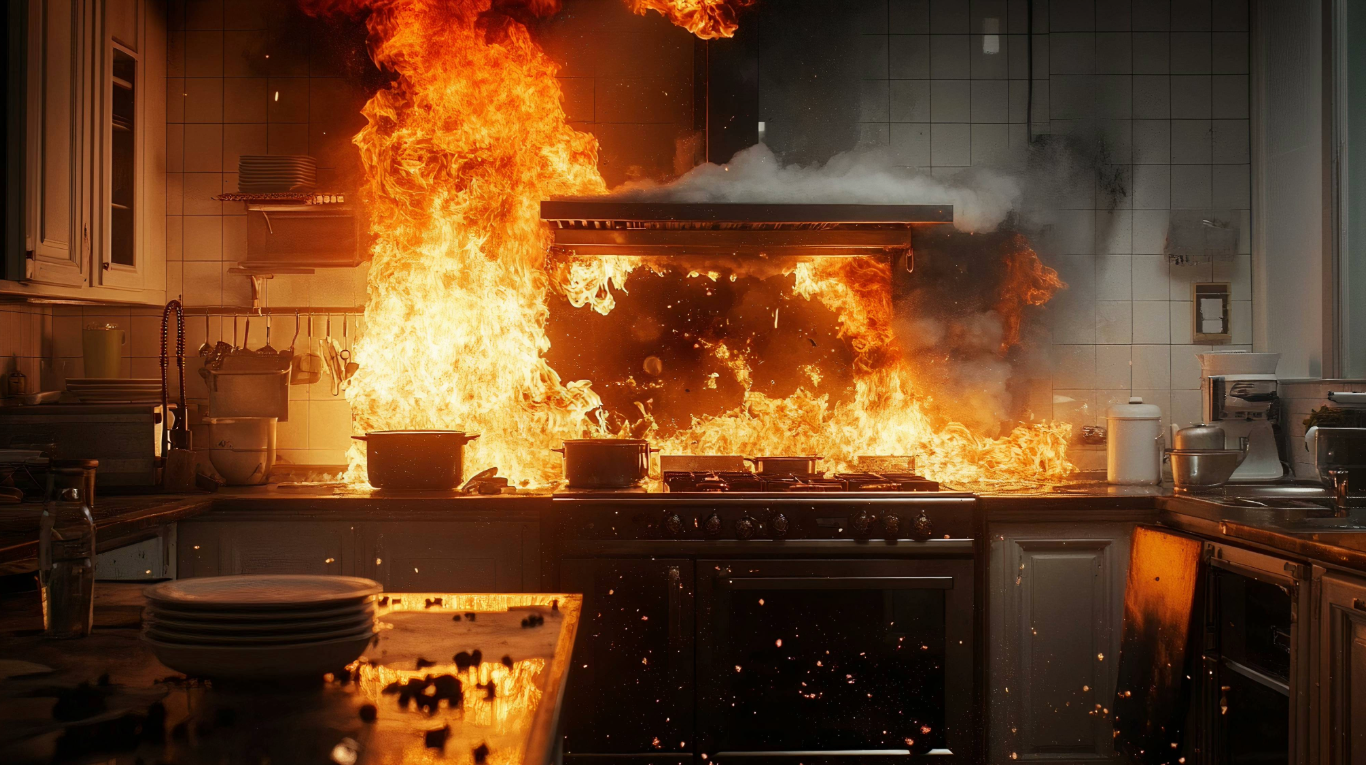
Extension cords and slippers are not designed to withstand the demands of these appliances, which can lead to overheating. Electrical experts always recommend connecting these appliances directly to the mains, with adequate wiring to support the load, as the power output of an electric oven ranges from 950 W to 1 500 W.
Although the electric oven is the most common source of this fault, other appliances such as microwave ovens, cookers, dishwashers and portable air-conditioners can also cause overloading if plugged into an extension cord or power socket. Such a connection can damage both the appliance and the household wiring, increasing the risk of accidents.
To avoid this type of problem, you should know the consumption of each appliance before connecting it to the mains. This information is easier to find than it looks, as it can be found on the product label or in the instructions for use, measured in watts (W). Additional protection – make sure the apartment or extension cord has an overload protectionsystem to prevent short circuits with the possibility of fire.
By adding up all the electronic devices plugged into the socket, you can determine whether the socket can handle the load without problems, or whether it would be better to find a suitable connection for those devices that need more power.
Precautions to prevent electrical connections from making a mess at home
Some electrical appliances can be safely connected to a socket or extension lead because of their low power consumption. Some, such as lamps, small televisions, standing fans, video game consoles and chargers for mobile phones or computers, are not at risk when using this method or an extension lead.
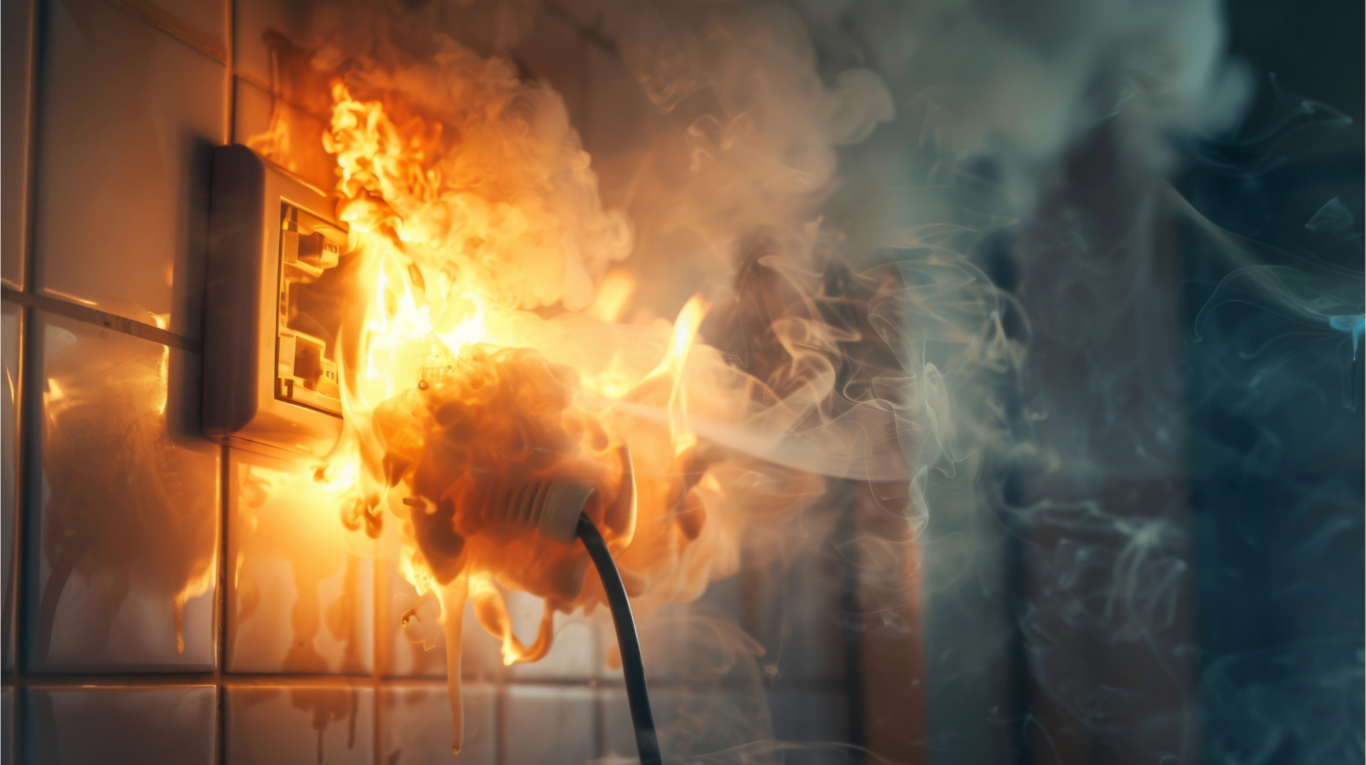
Another risky practice is connecting several appliances that require electricity to the same power line. For example, connecting a washing machine and a cooker to the same socket could cause the wiring limit to be exceeded, causing the thermostat to trip or even a short circuit. The same applies to freezers and fridges, which require separate connections to ensure proper operation.
As far as consumption is concerned, it should be borne in mind that the appliances that generally require the most energy are those that generate heat : cookers, electric water heaters, heaters, ovens and clothes dryers. In the same group are air conditioners and large capacity washing machines. To avoid overloads, it is important to plan their use and distribution in the home network with a registered electrician.
Responsible use of electricity in the home not only saves money and helps pay electricity bills, it also ensures safety. Avoiding connecting power-hungry appliances to extension cords and not overloading your electricity consumption can help prevent accidents and optimise your energy consumption.

